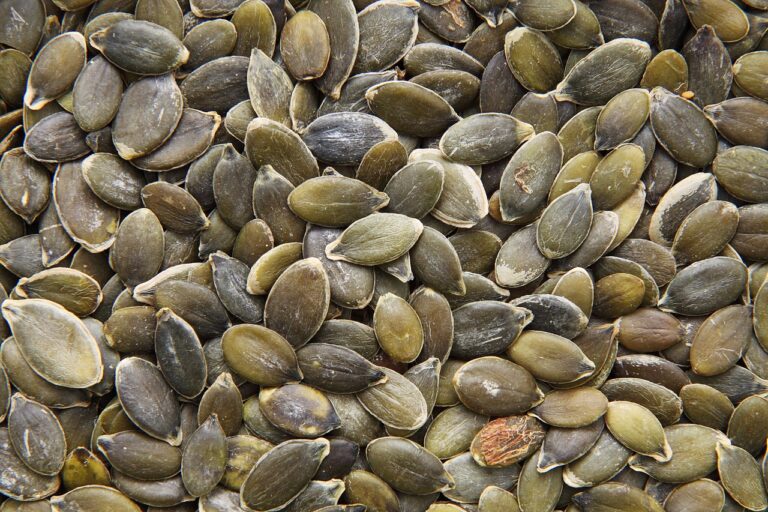Exploring the Role of Meat Processing in Resilient Food Systems: 11xplay reddy login, Reddy anna, Golden 777 login
11xplay reddy login, reddy anna, golden 777 login: Exploring the Role of Meat Processing in Resilient Food Systems
When we think about resilient food systems, we often focus on sustainable agriculture, food distribution, and reducing food waste. However, the role of meat processing in creating a resilient food system is often overlooked. Meat processing plays a crucial role in ensuring the availability of high-quality meat products to consumers while also minimizing food waste and increasing food security.
In this article, we will explore the importance of meat processing in creating a resilient food system, the challenges faced by meat processors, and the innovative solutions being developed to address these challenges. By understanding the role of meat processing in our food system, we can work towards building a more sustainable and resilient food system for the future.
The Importance of Meat Processing
Meat processing is a critical step in bringing meat products from the farm to the table. Without proper processing, meat products would spoil quickly, leading to food waste and a loss of resources. Meat processing involves techniques such as cutting, curing, smoking, and packaging to ensure that meat products are safe for consumption and have a longer shelf life.
In addition to preserving meat products, meat processing also plays a crucial role in adding value to meat products. By processing meat into different cuts and products, meat processors can cater to a variety of consumer preferences and increase the market value of meat products. This not only benefits consumers but also helps meat producers maximize the value of their livestock.
Challenges Faced by Meat Processors
While meat processing is crucial for creating a resilient food system, meat processors face several challenges that hinder their ability to operate efficiently. One of the main challenges faced by meat processors is ensuring the safety and quality of meat products. With growing concerns about food safety and regulations becoming more stringent, meat processors must invest in technology and training to maintain high standards of safety and quality.
Another challenge faced by meat processors is the environmental impact of meat processing. Meat processing plants can generate a significant amount of waste, including wastewater, packaging materials, and byproducts. Meat processors must implement sustainable practices to minimize waste and reduce their environmental footprint.
Innovative Solutions in Meat Processing
To address the challenges faced by meat processors, many innovative solutions are being developed to enhance the efficiency and sustainability of meat processing operations. One such solution is the use of automation and robotics in meat processing plants. By automating repetitive tasks such as cutting and packaging, meat processors can increase efficiency, reduce labor costs, and improve the consistency of their products.
Another innovative solution in meat processing is the use of renewable energy sources to power processing operations. By switching to renewable energy sources such as solar or wind power, meat processors can reduce their reliance on fossil fuels and lower their carbon footprint. This not only benefits the environment but also helps meat processors save on energy costs in the long run.
The Role of Meat Processing in a Resilient Food System
In conclusion, meat processing plays a vital role in creating a resilient food system. By preserving meat products, adding value to meat products, and addressing the challenges faced by meat processors, we can ensure that consumers have access to safe and high-quality meat products while also minimizing waste and reducing the environmental impact of meat processing. By investing in innovation and sustainability, we can build a more resilient food system that can withstand future challenges and provide for the needs of a growing population.
FAQs:
Q: What are some sustainable practices that meat processors can implement to reduce their environmental impact?
A: Meat processors can implement sustainable practices such as reducing water usage, recycling packaging materials, and using renewable energy sources to power their operations.
Q: How can meat processing operations enhance food safety and quality?
A: Meat processors can enhance food safety and quality by investing in technology such as food safety testing equipment, implementing strict quality control measures, and providing training to employees on proper food handling practices.
Q: What are some trends in meat processing that are shaping the future of the industry?
A: Some trends in meat processing that are shaping the future of the industry include the use of plant-based alternatives, the development of cultured meat products, and the adoption of sustainable practices to reduce the environmental impact of meat processing operations.







